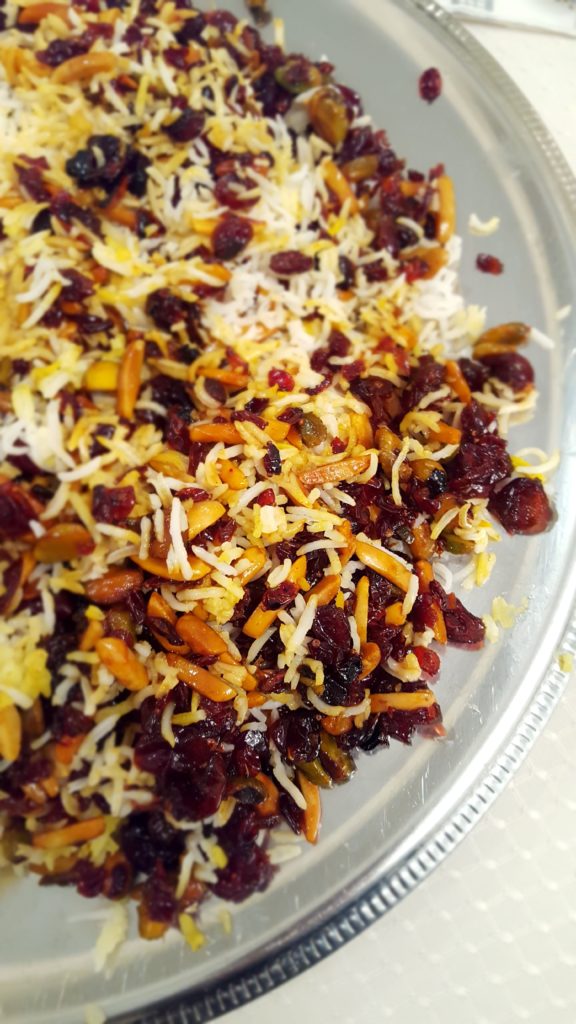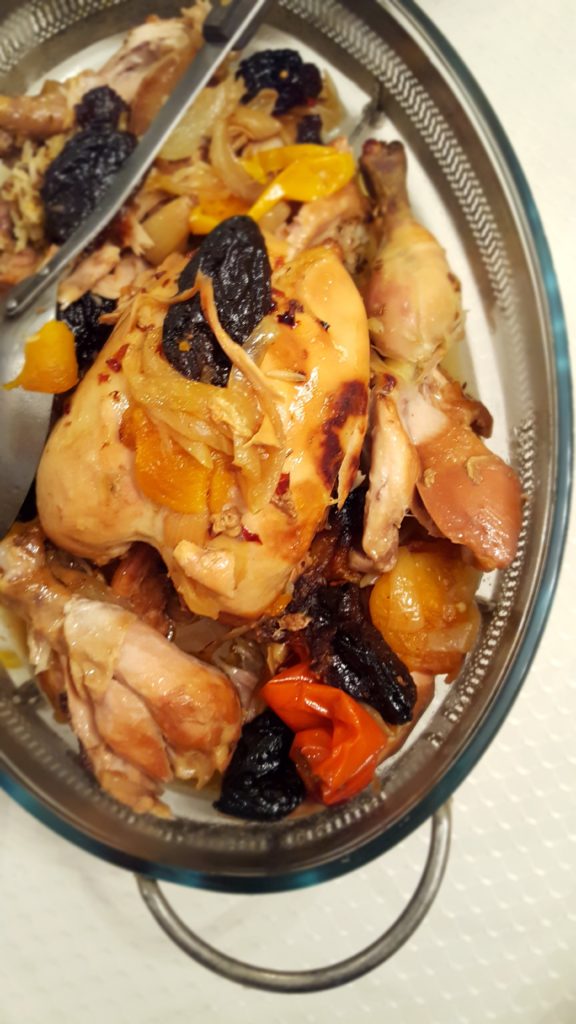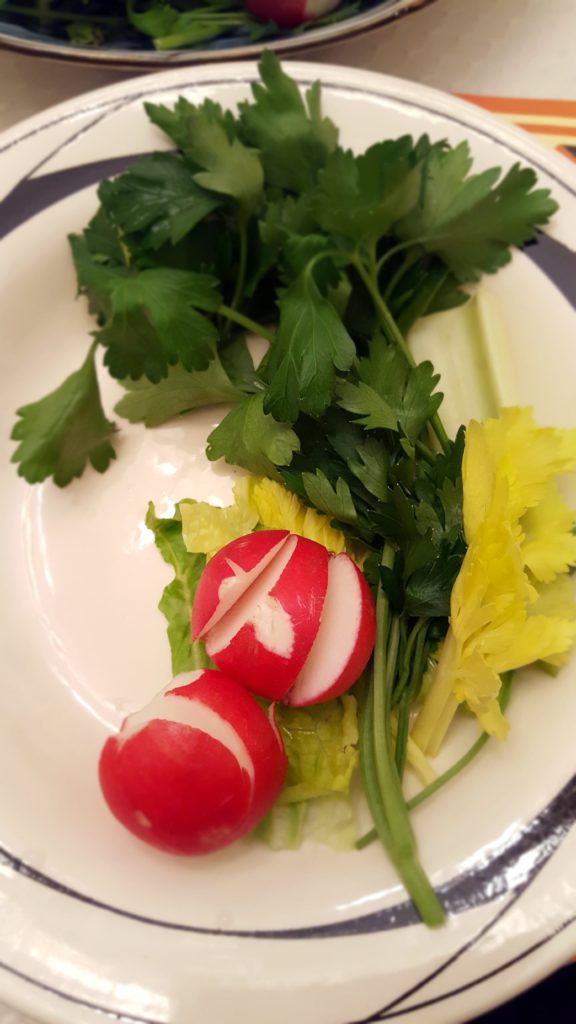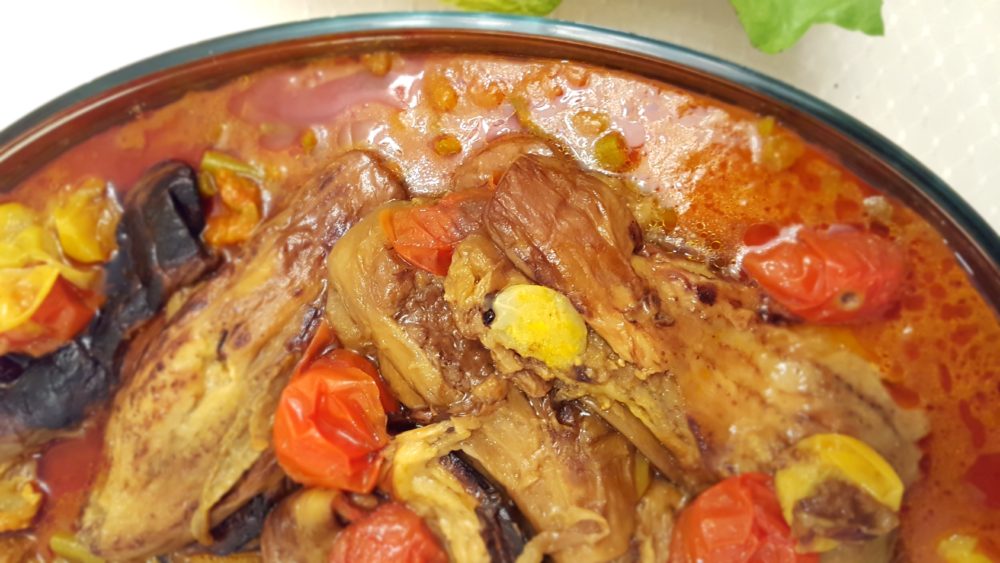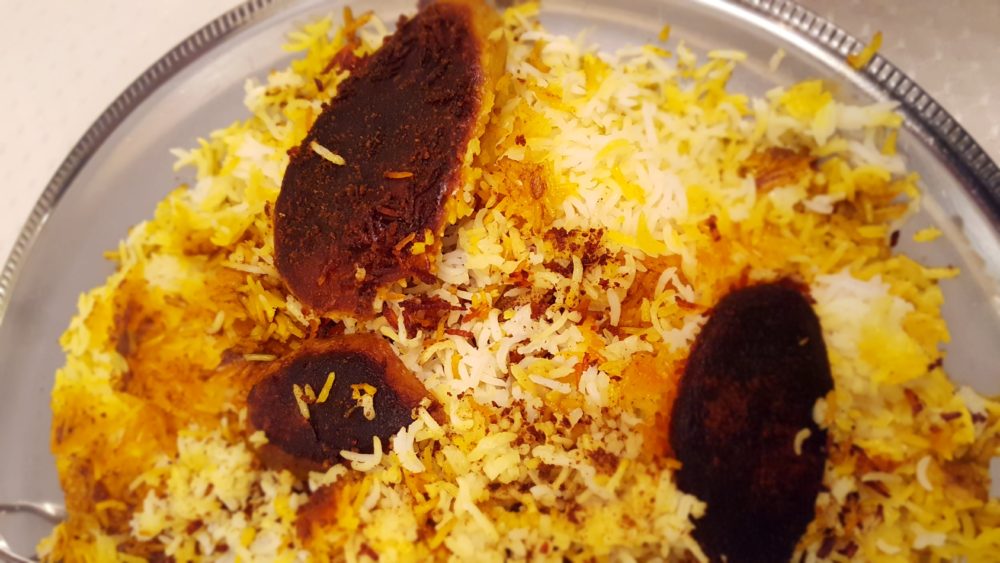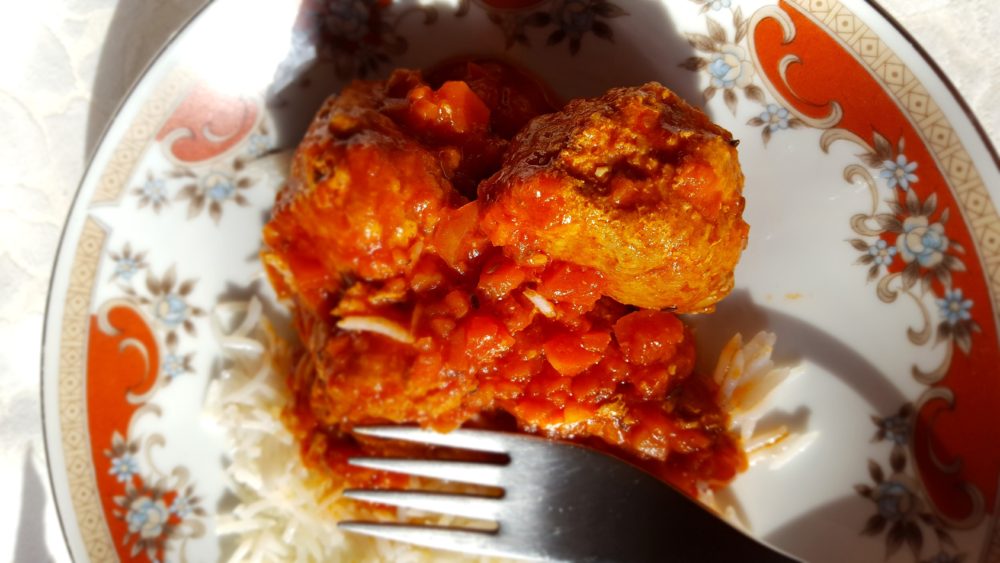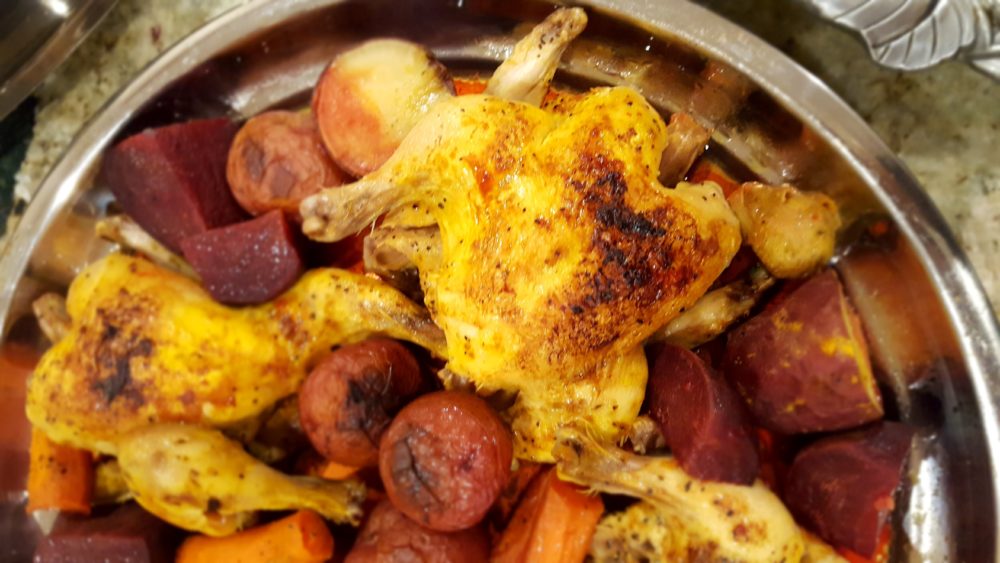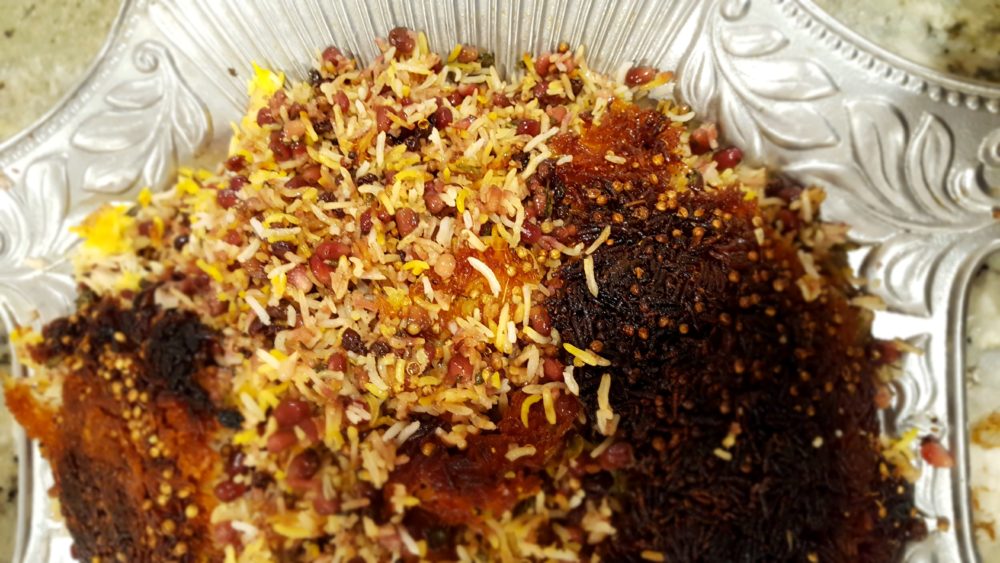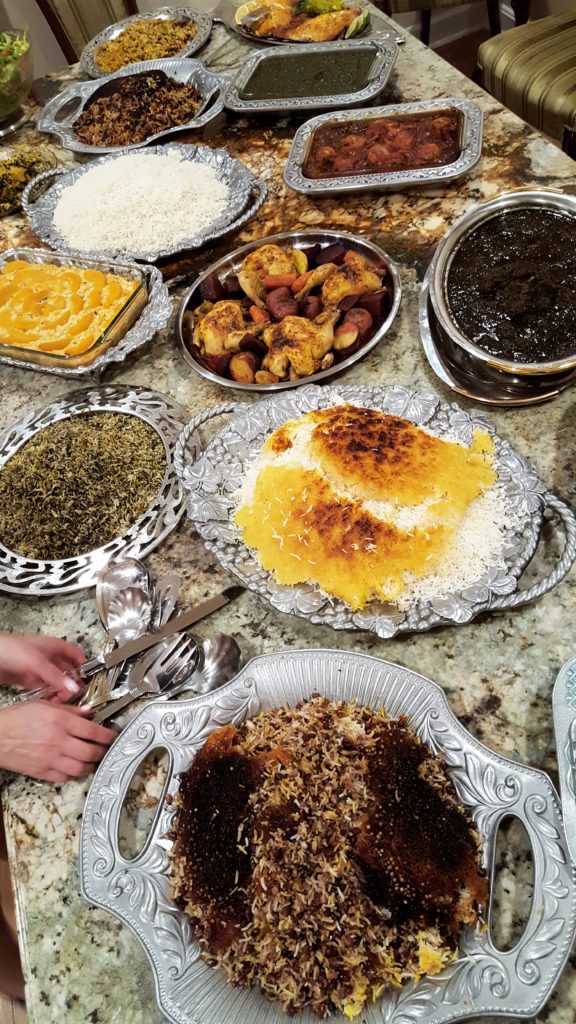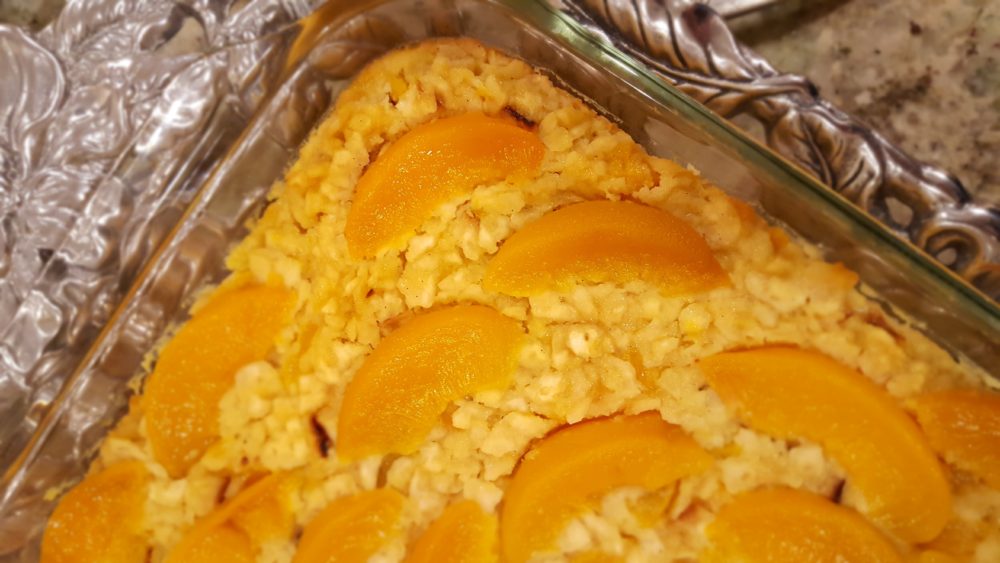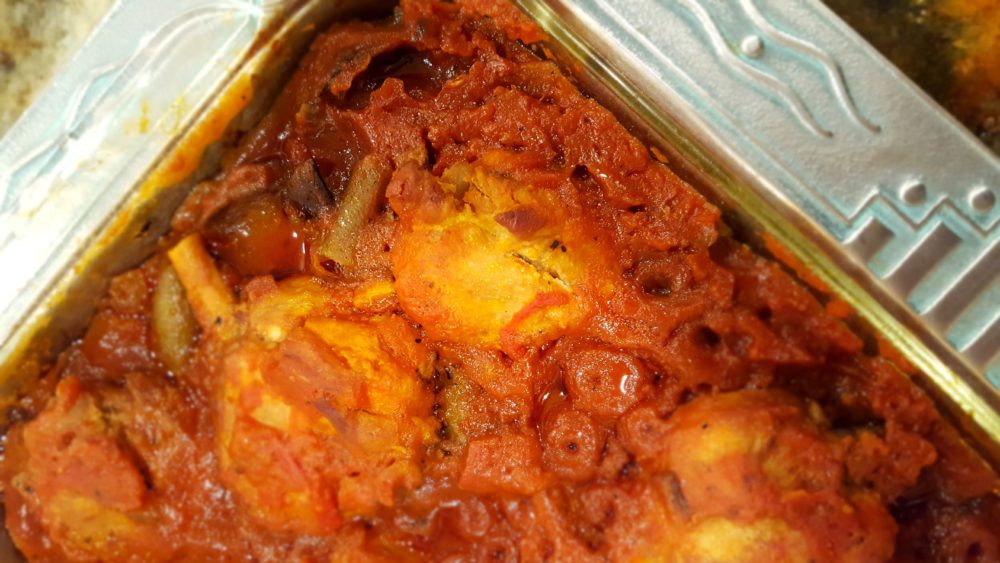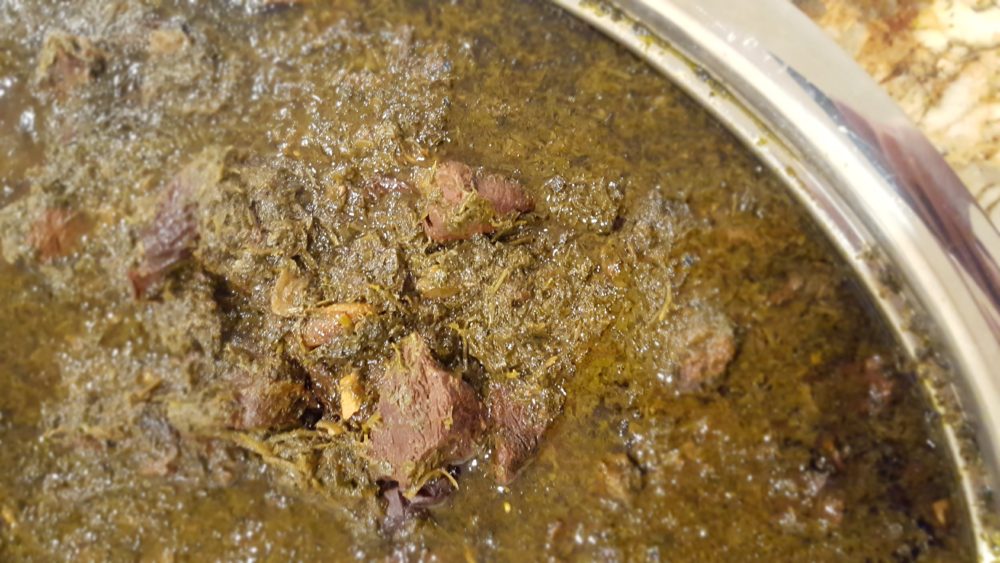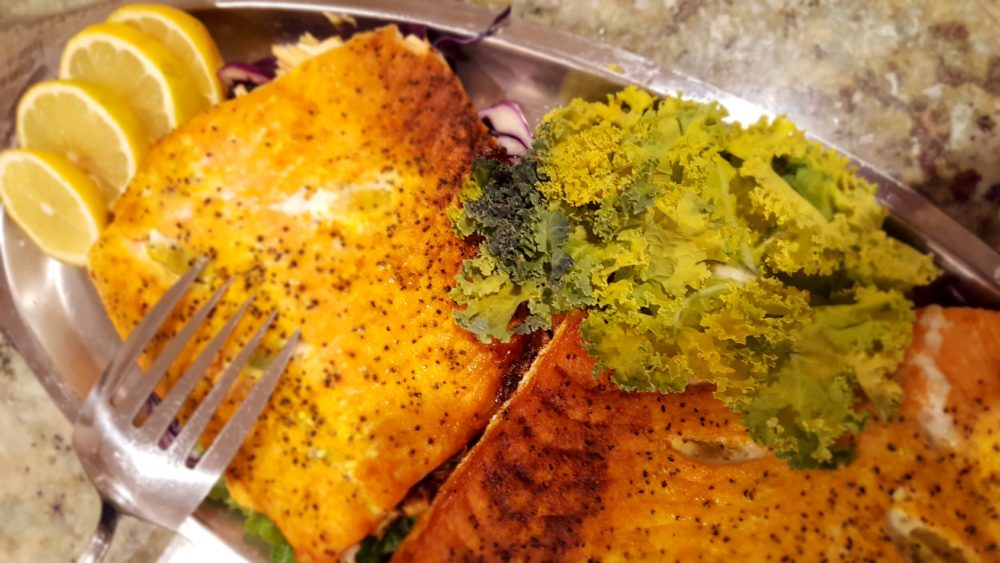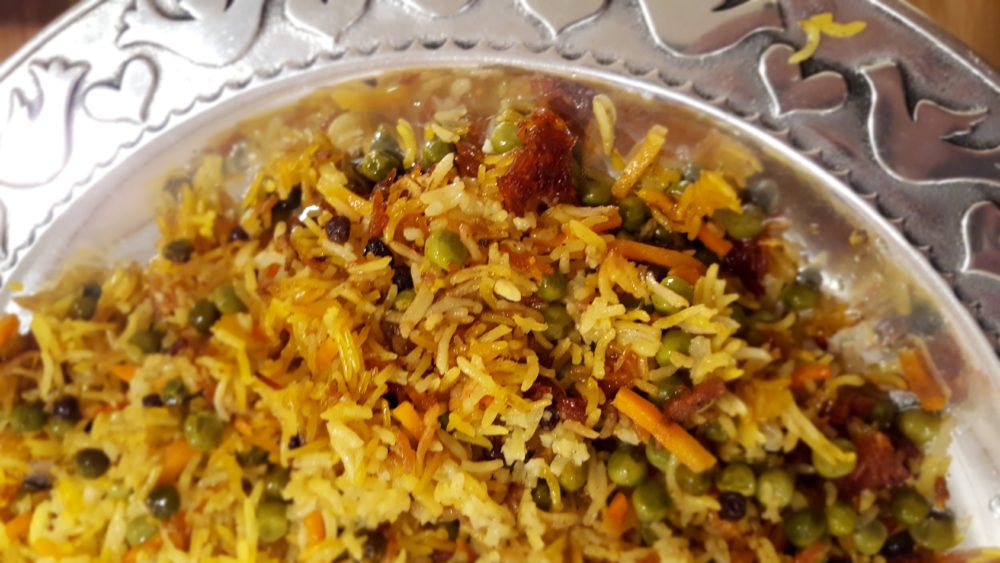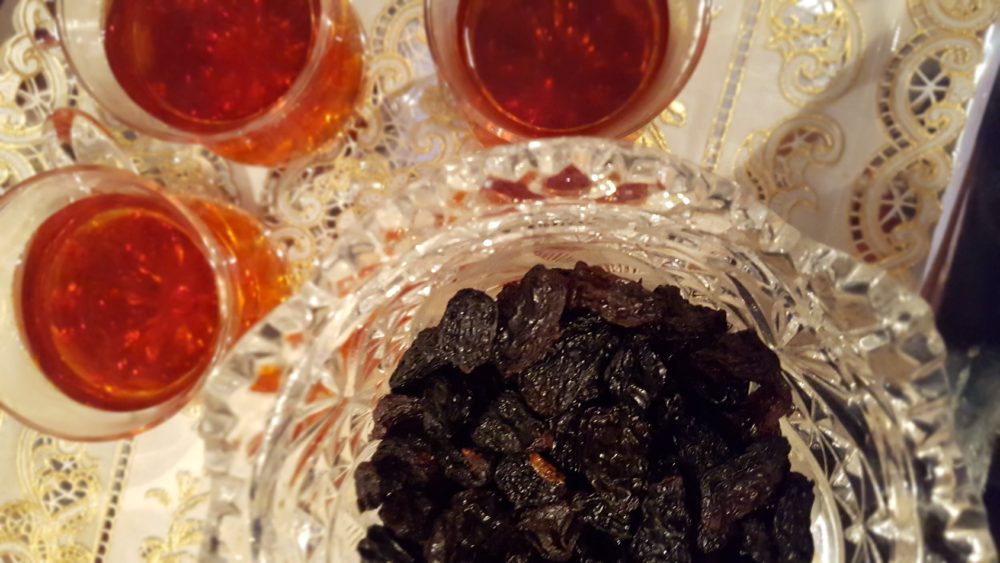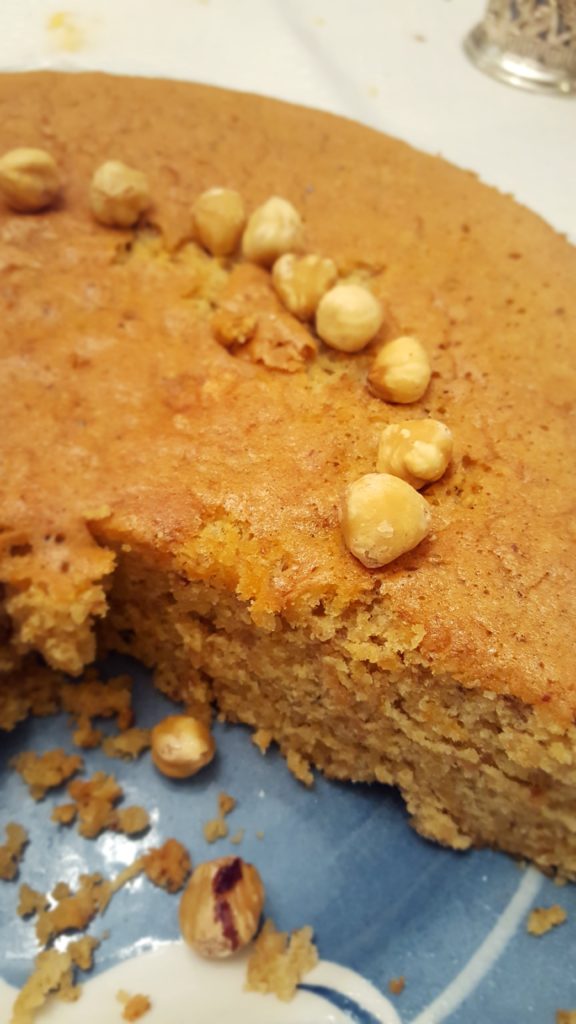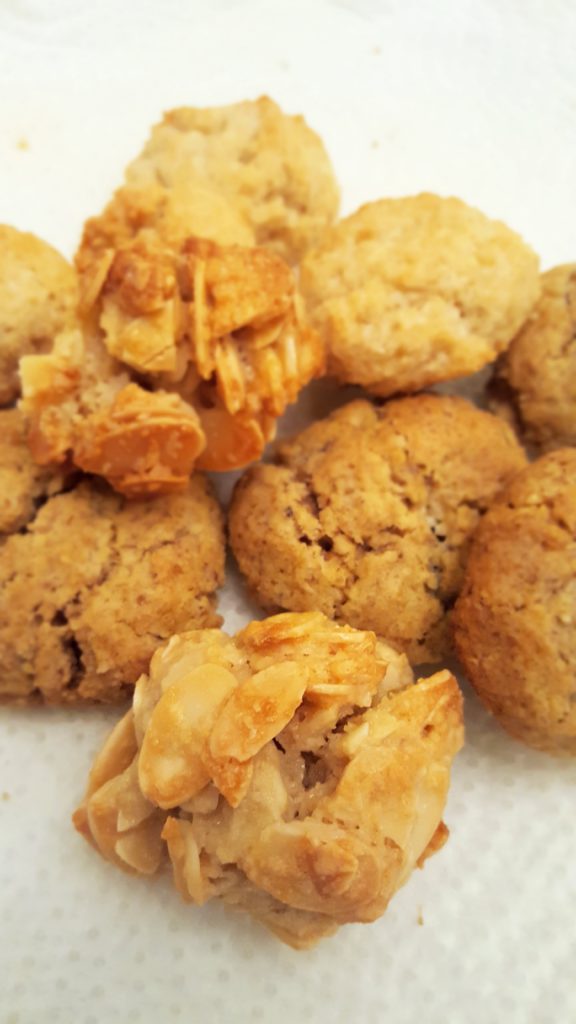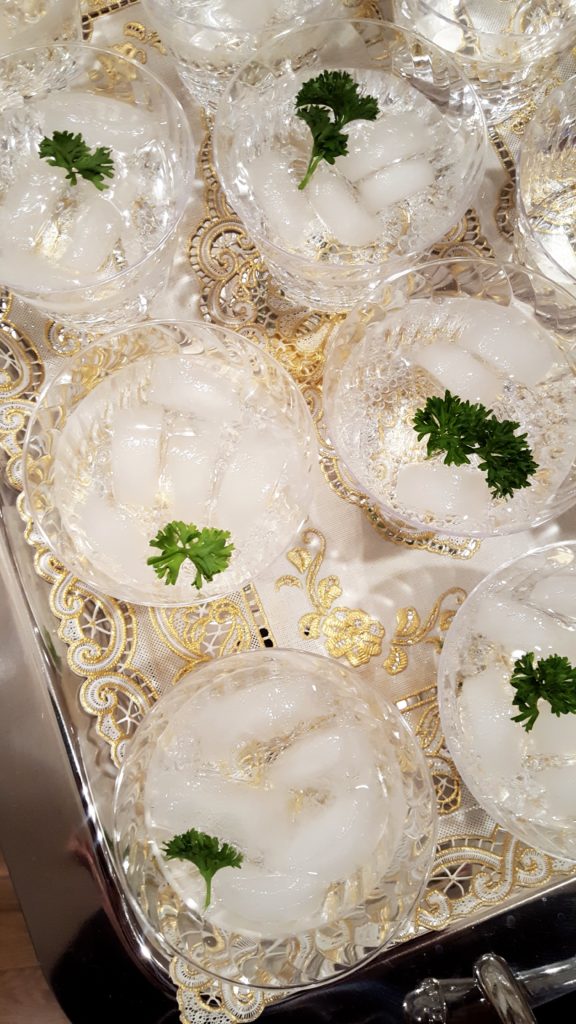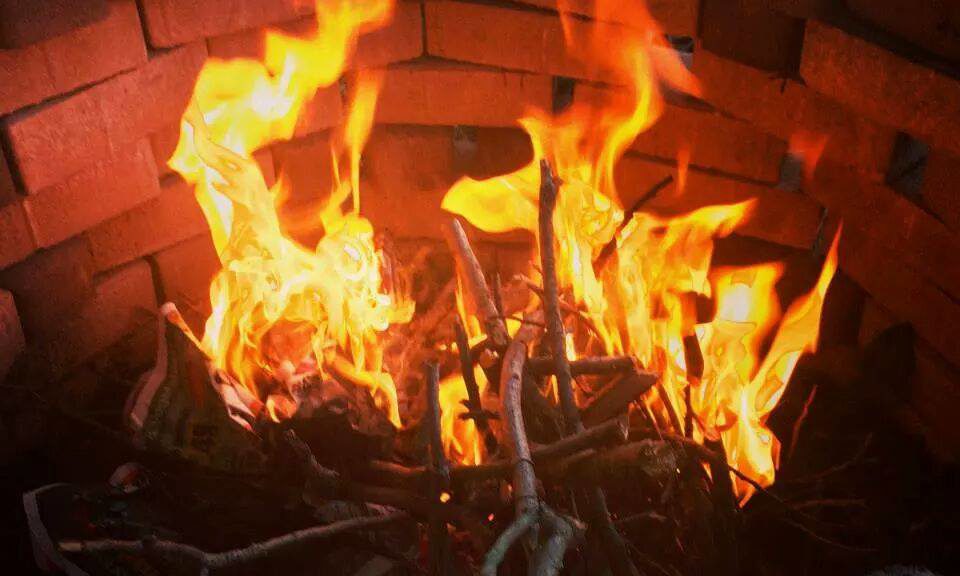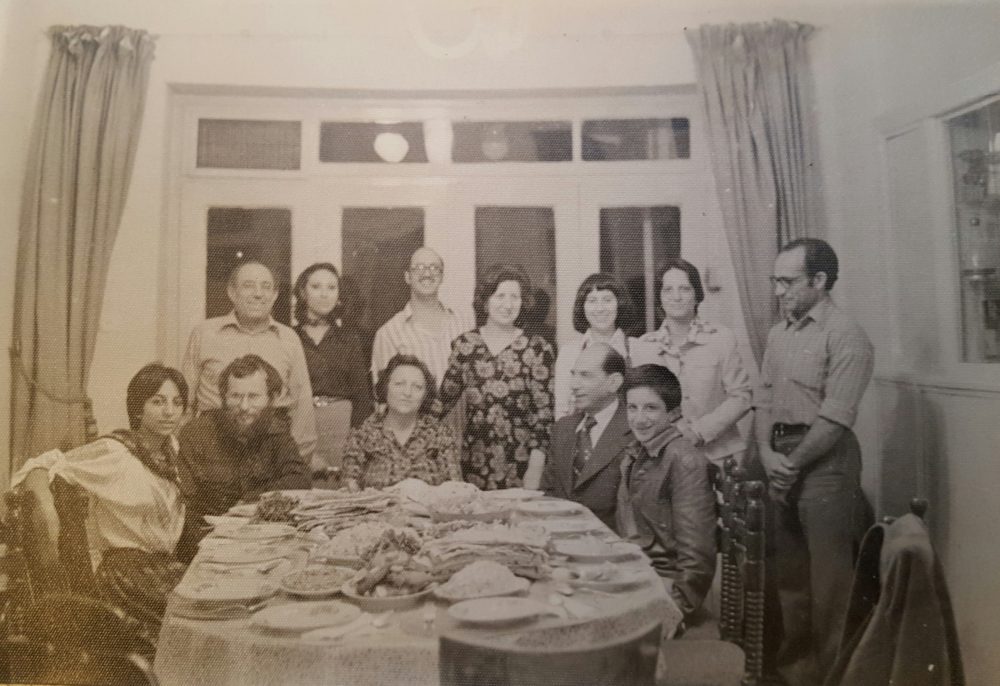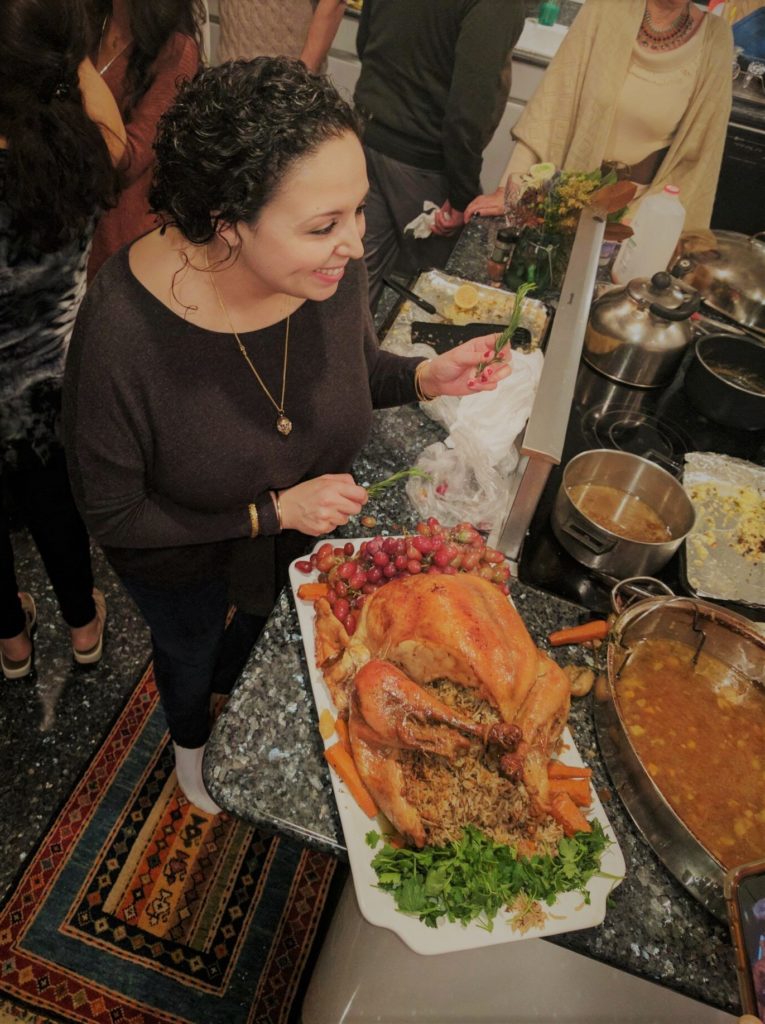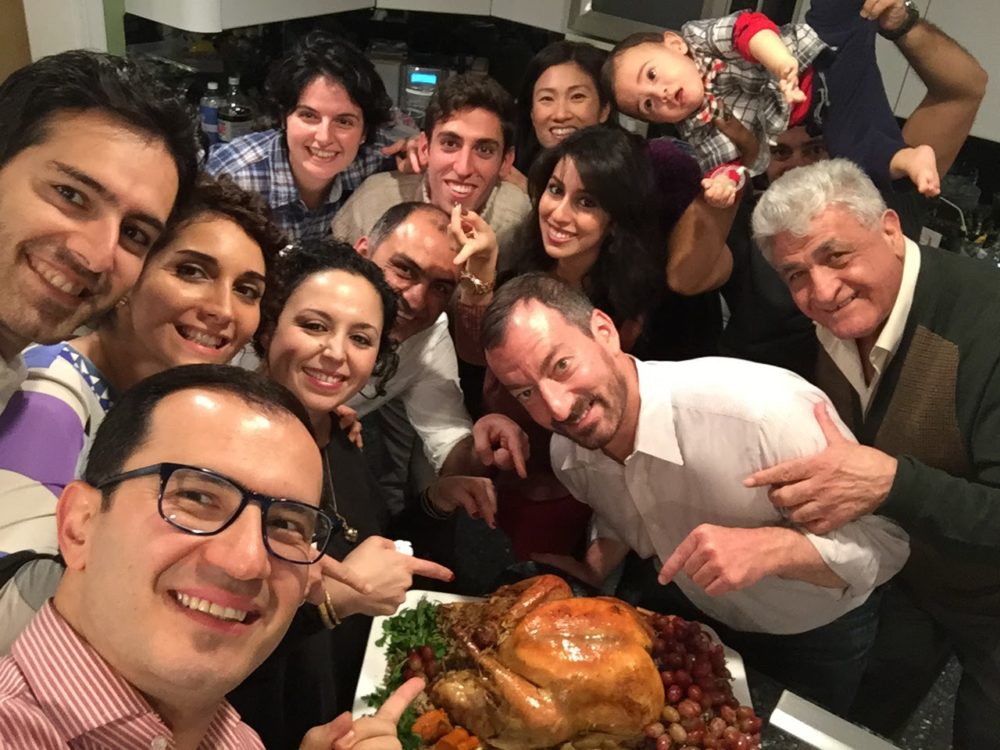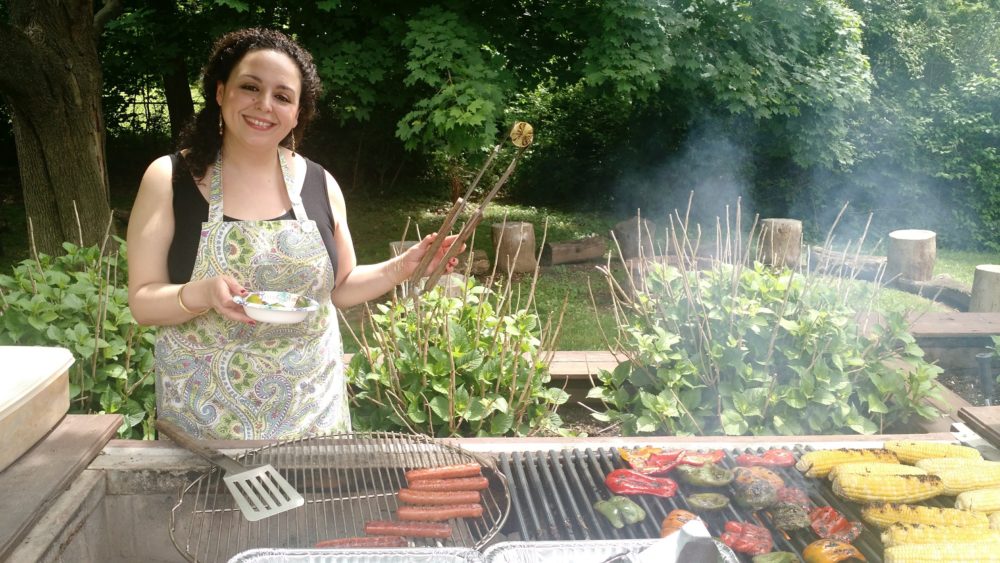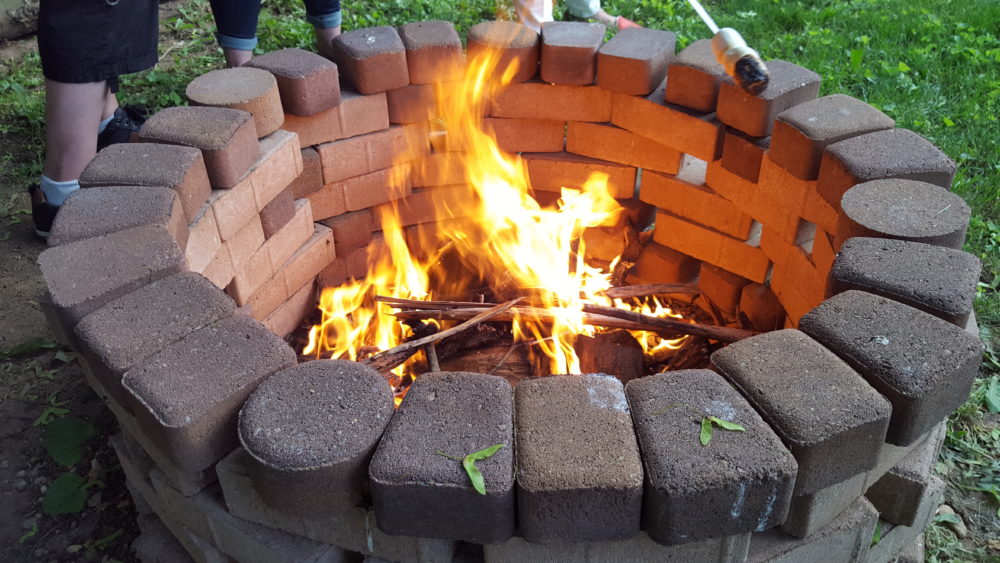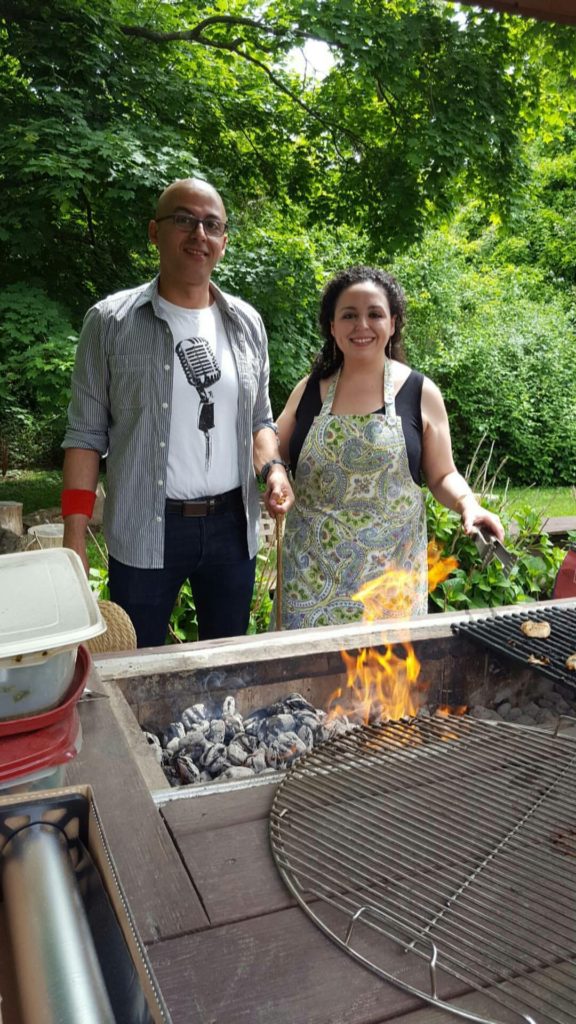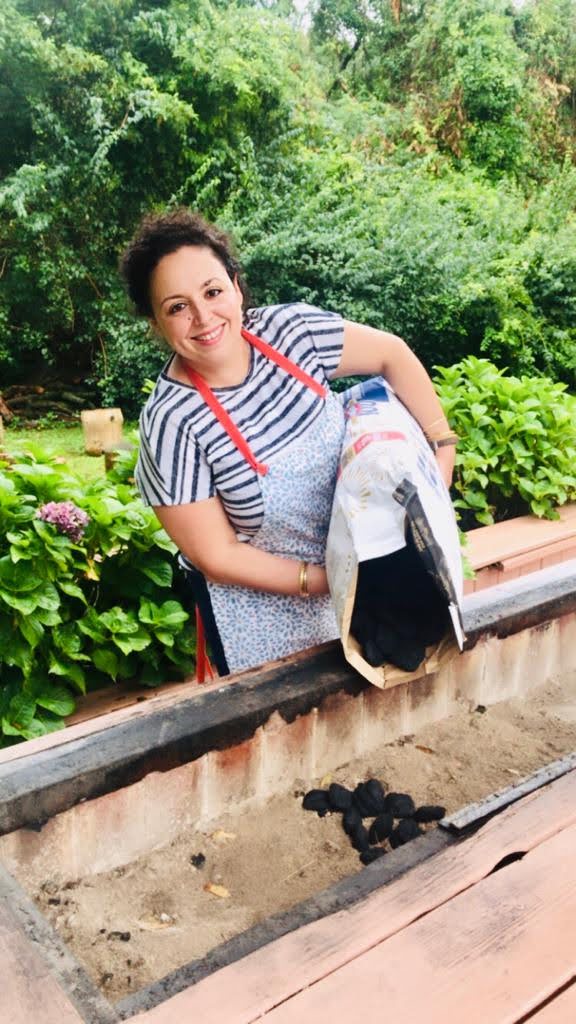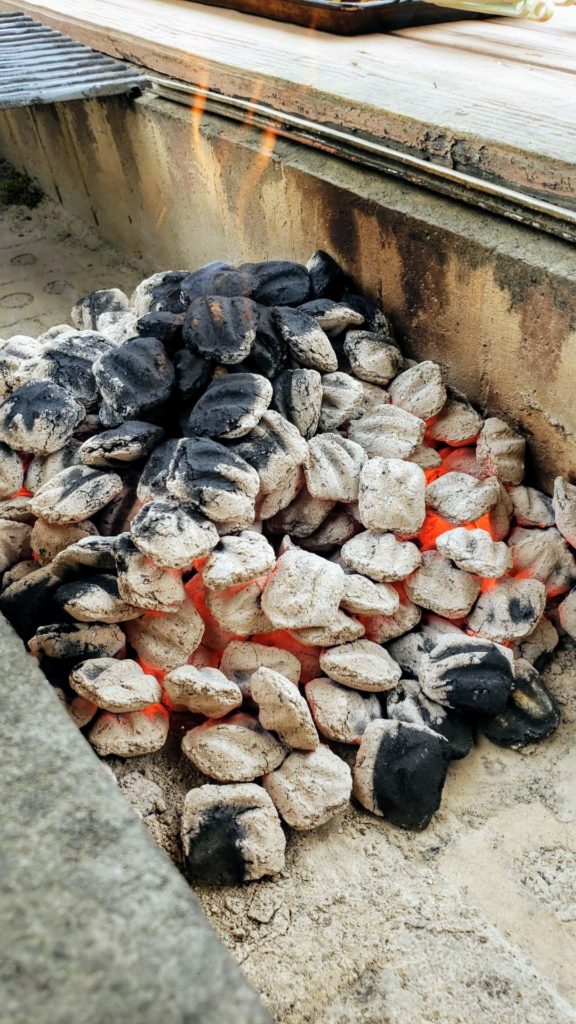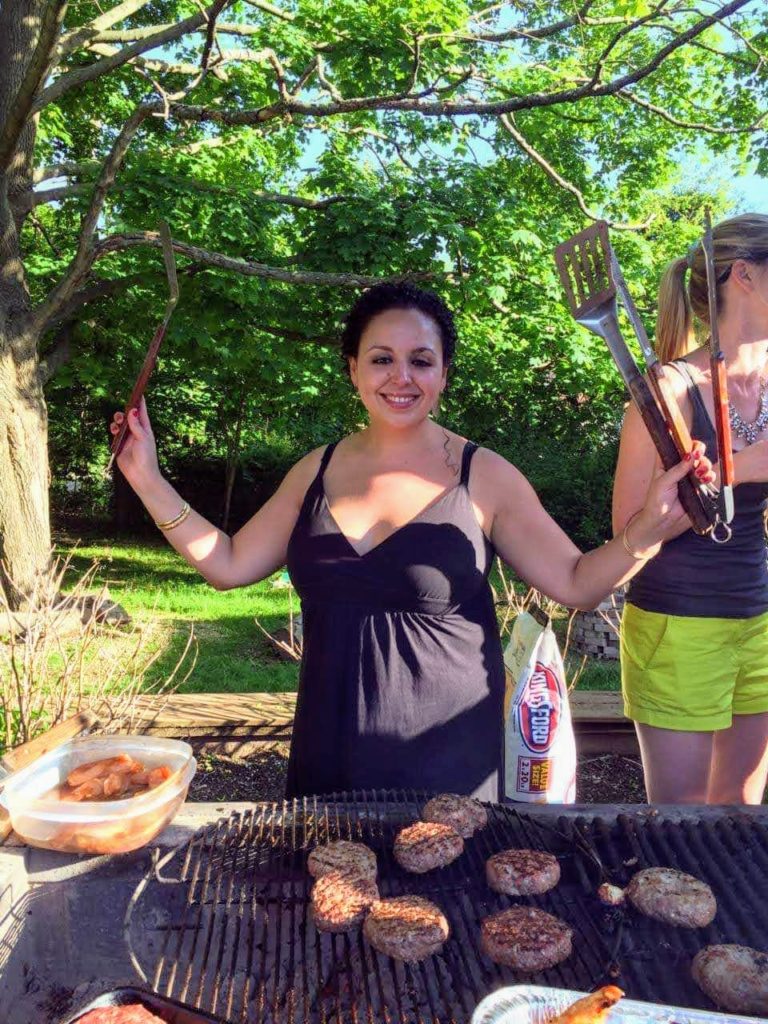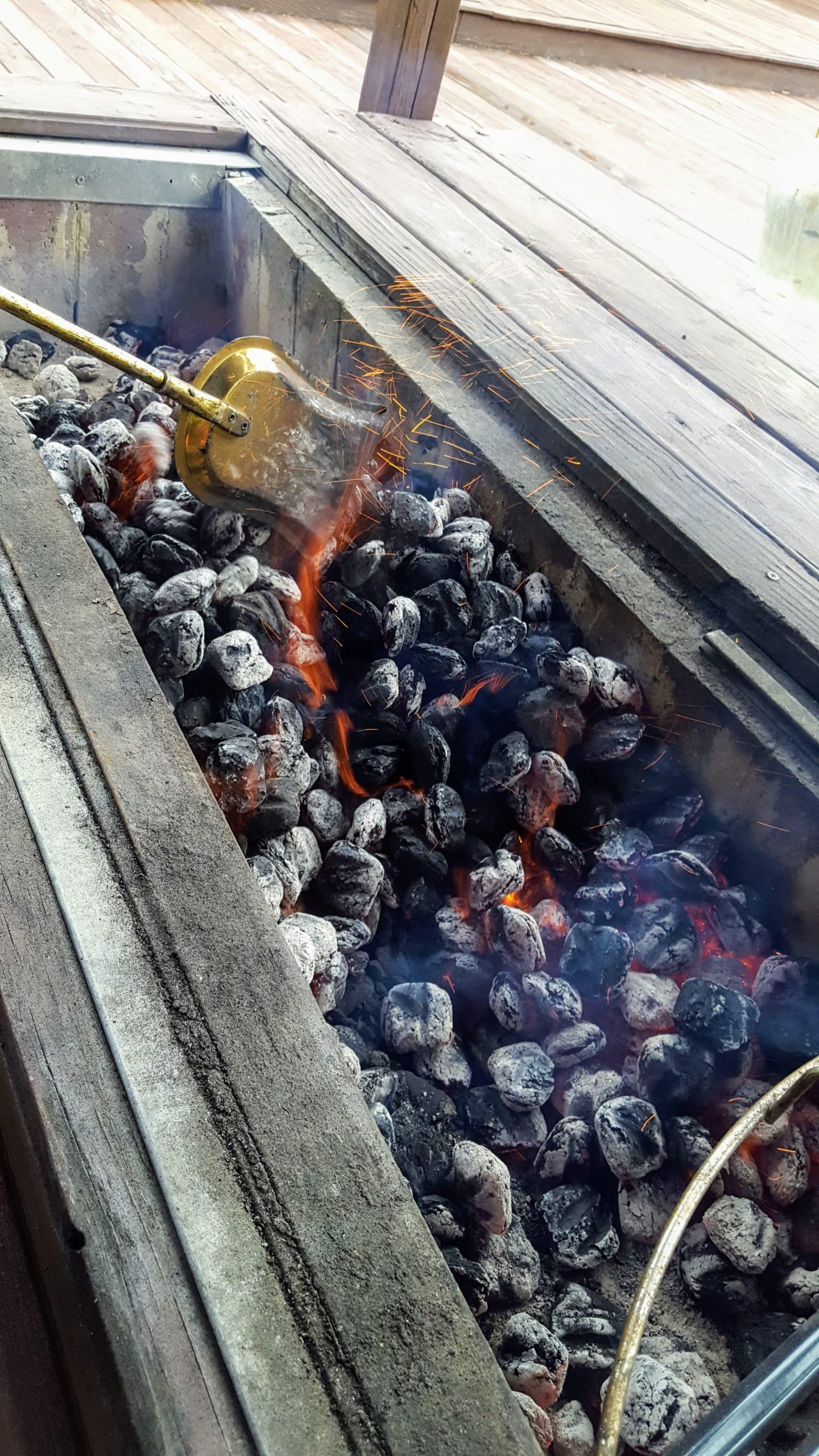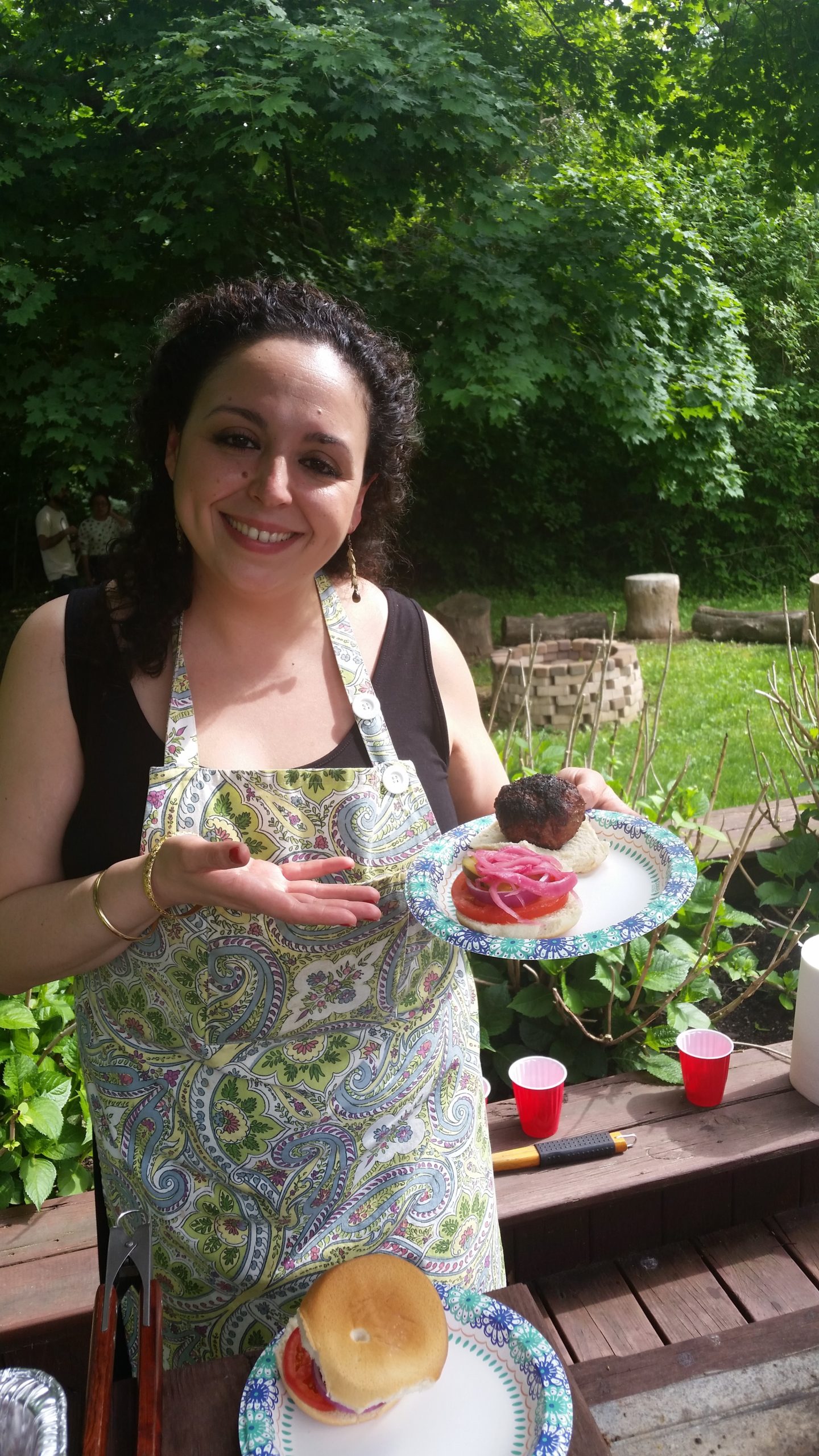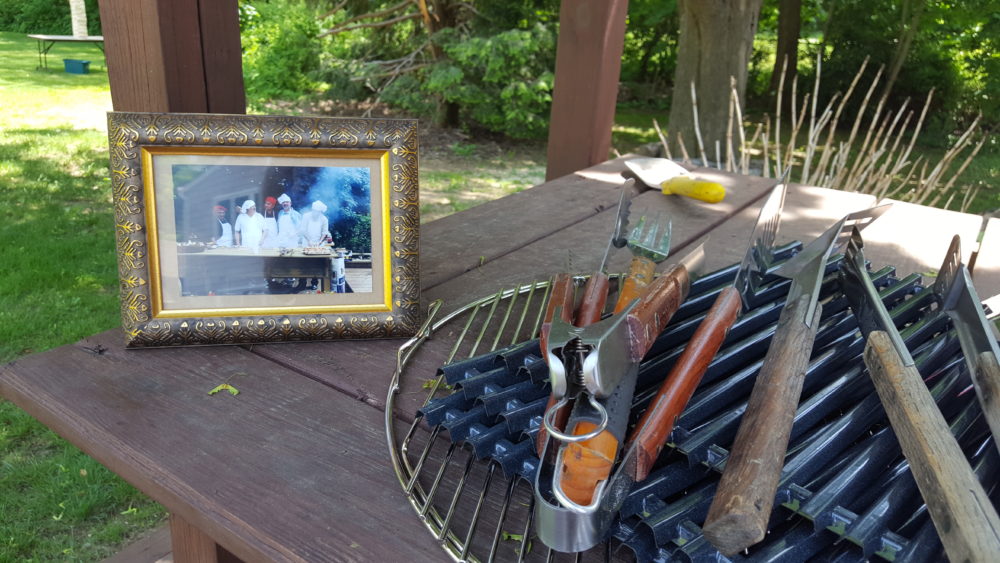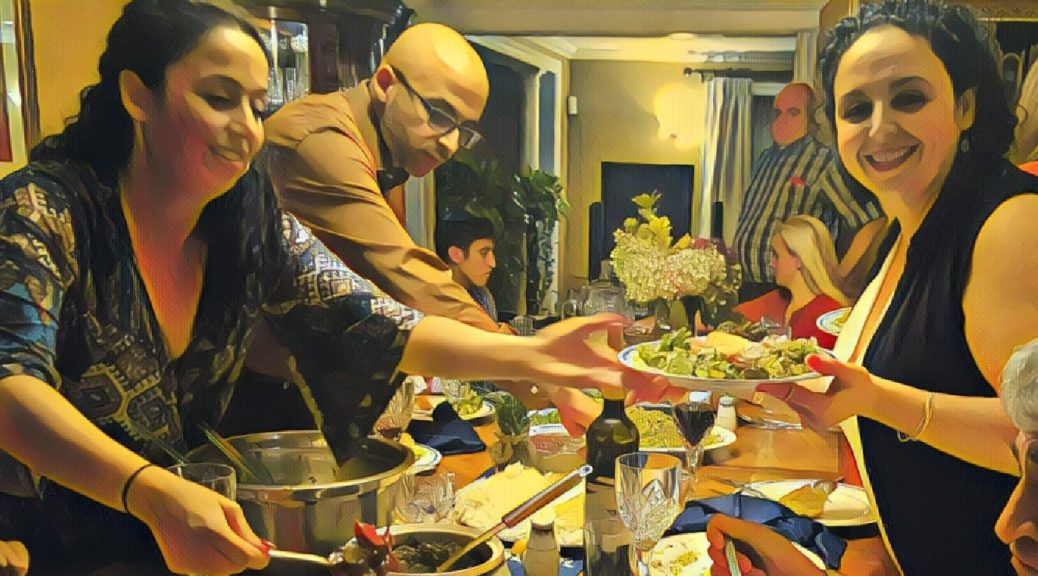
Breaking Bread, Breaking Barriers, Building Bridges
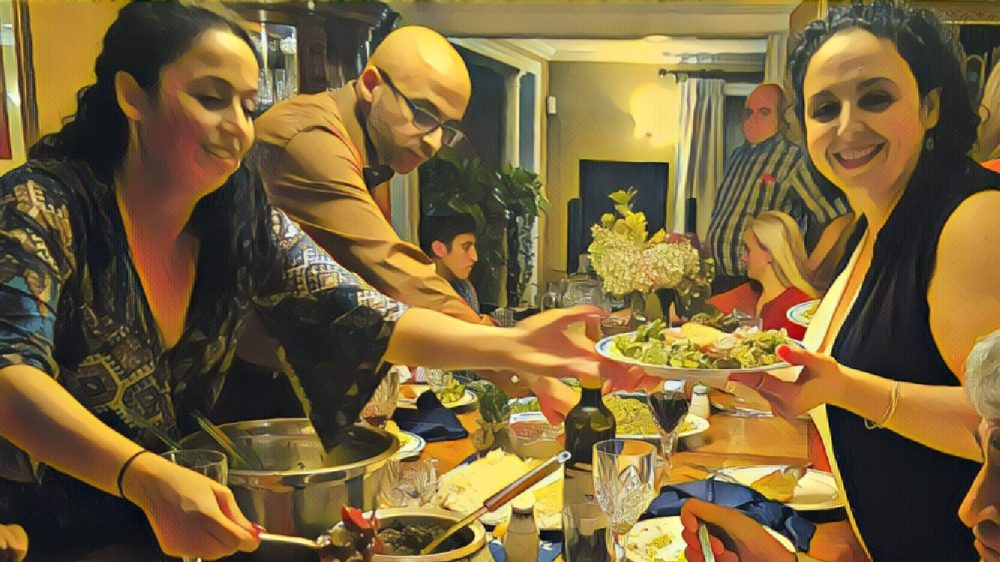
At Basil & Roses we call it “Breaking Bread together In Style.” But no matter what your style, customs or origin story- when we gather to enjoy a meal, we are unified in engaging in a tradition as old as humanity—one which transcends national borders and cultural divides. I wrote about the magic of gathering around the fire, and how we gather around the hearth and our tables to pay homage to the gift of generosity we’ve received in our lifetime. Today, I am wondering, how to expand that circle further.
As I reflect on my own experiences, I realize what a privilege it was to grow up in a home with many gatherings. My parents were extraordinary hosts who believed in the art of bringing people together and creating memories. Indeed much bread has been broken under the roof of their loving home.
Today, the long dining table in my family home has a magical aura about it. It is as if, the collective energy of the all the people who have shared a meal around this table has penetrated the wooden top, permeates the room and gives back a little bit of that joy to every newcomer. That energy gives the dining room the fragrance of light happiness, gently perfumed by the memory of the scent of the 68,000 estimated onions chopped in its adjacent kitchen over the past twenty two years.
It is that magic which I want to spread with this essay and with my cooking. It is undoubtedly special to share a meal with those dear to us. Wouldn’t be nice if we extended that offer to others we have the opportunity to get to know better? I’m not suggesting inviting strangers off the street into our homes, but maybe we can expand our reach and open our tables to those we don’t know as well. To those with different political points of view, different religious beliefs, different lifestyles. Though not an easy task, perhaps while we’re breaking bread together, we can learn to listen to each other, break barriers and build bridges to ultimately learn from one another.
Our society seems more segmented than ever today. But when we break bread together, somehow we are equal. Through the ingredients of the meal, we share a common connection to the the earth and sun which worked to create sustenance for us. There are organizations all over the US doing great work with their own “breaking bread, breaking barriers” projects supporting refugee communities. Community meals are sponsored by Churches, Mosques and Synagogues everywhere. Community restaurants like Soul Kitchen in NJ, are offering locally sourced ingredients along with dignity for those in need.
“The shared meal elevates eating from a mechanical process of fueling the body to a ritual of family and community, from the mere animal biology to an act of culture.” says Michael Pollan.
Eating delicious food is an indulgence. But there can also be great satisfaction with sharing your food with others. Whether you break bread with two people or your entire community, try reaching out. You may be surprised how many people are interested in your traditions. Consider the potential of the connections you can create with this small effort. We live in a world in which there are 7,000 estimated languages spoken, but there is one that is universal and that is food! Let’s start the dialogue… or simply, invite those neighbors which we never got to know, over for dinner one night next week.
“In the shade of the lemon grove I break off a hunch of bread, sprinkle it with the delicious fruity olive oil, empty my glass of sour white Capri wine; and remember that Norman Douglas once wrote that whoever has helped us to a larger understanding is entitled to our gratitude for all time.” A beautiful quote from Elizabeth David- a soulful food visionary of the 1950’s.
What is the moral of the story here?
Eat well and eat together.
Below I share with you photos of the gorgeous dishes our generous hosts prepared for us this past Passover. Once again, I was grateful for meeting new faces at these tables, and the indulgences inspired but family, tradition and love.
Hope to see you at a table soon and break break together in style!
